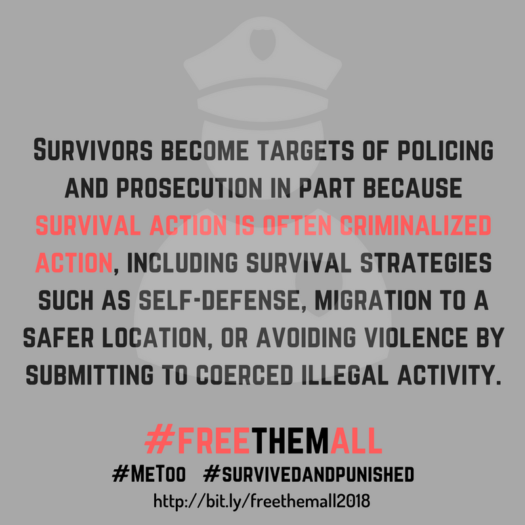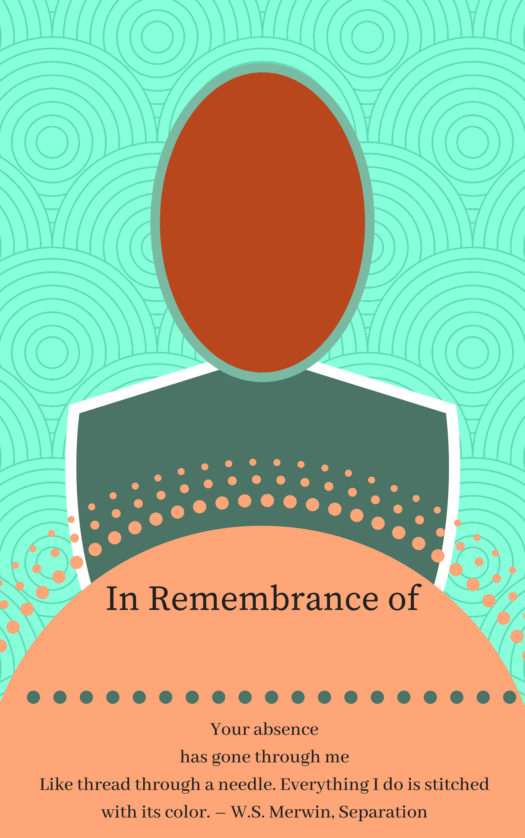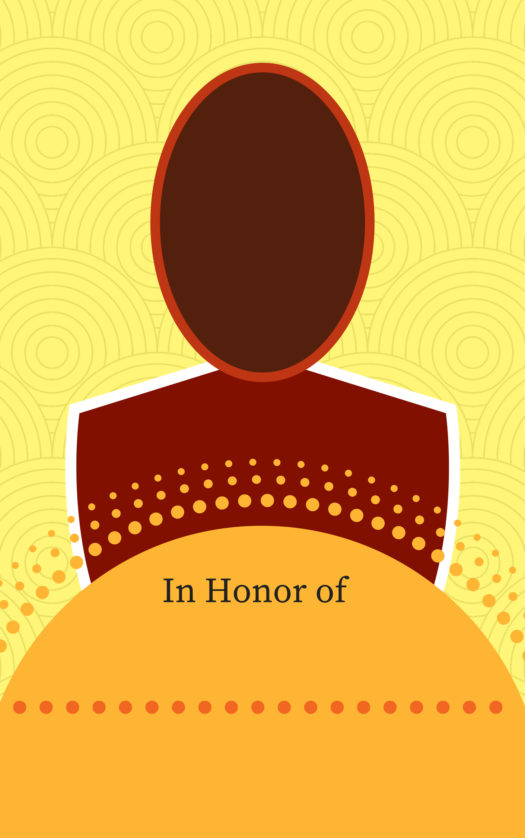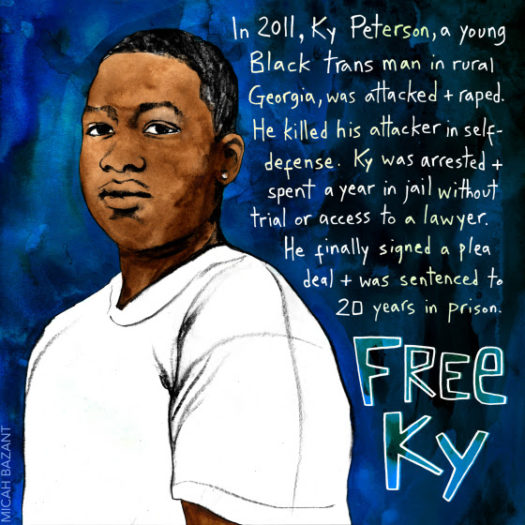by Gail T Smith, Love & Protect
As we focus on the Survived and Punished #FreeThemAllNational Week of Action, it’s eye-opening to consider state legislation introduced with the intent of providing a legal remedy to unjust incarceration of survivor-defendants who were criminalized for things they did because of serious abuse. Illinois and New York both introduced bills in recent years, with three important things in common: incarcerated survivors of violence, and those released after serving long sentences, are selflessly and courageously advocating for the new laws and for their sister-survivors. Second, both laws are very narrowly drawn, designed to assist a limited number of survivors who meet strict guidelines. Third, prosecutors in both states keep domestic violence survivors from winning relief from harsh prison sentences, disregarding the impact of domestic violence and the right of self-defense. On average 3.2 women in the U.S. are killed daily by an intimate partner, yet survivors are punished if they manage to stay alive by fighting back or by committing offenses under coercion by their partners. Prison reenacts the control, violence and abuse that survivors went through before arrest, imposing a new nightmare.
Attorney Alexandra Roffman, who worked with incarcerated survivors in Illinois, says, “I feel very privileged to be working with this community of women. They are so connected and committed to each other. The collective group of them are invested in testing this law to make it better, even if it doesn’t work in their individual cases. It’s humbling and beautiful to see such community built in such awful circumstances.” Similarly, women inside Bedford Hills prison in New York worked on the initial drafts of legislation. The Violence Against Women Committee inside as well as those released from incarceration continue to fight for the bill’s passage, support other women and gender non-conforming persons who could benefit, and with love, generously educate the public through events and media advocacy. As Valerie Seeley, released after 17 years in NY prisons, said, “I want the system to change, and that’s what my focus is right now – to help other women and children not to go through what I went through.”

The Illinois law took effect January 1, 2016. It has not yet resulted in the release of any survivors. New York’s Domestic Violence Survivors Justice Act has passed the state Assembly several times but has never made it to a hearing of the Senate’s Codes committee, despite very strong support by state senators. Former prosecutors who head the Senate’s Codes Committee have refused to call the bill in committee. Advocates say that this feels like the senators are telling them that they had no right to stay alive in the face of deadly violence.
In New York, the proposed Domestic Violence Survivors Justice Actgives judges flexibility to prevent unjust sentencing of survivors who meet these guidelines:
- At the time of the offense, the survivor was a victim of domestic violence subjected to substantial physical, sexual, or psychological abuse by a partner or relative,
• The domestic violence was a significant contributing factor to the participation in the offense,
• Sentencing under the normal sentencing guidelines would be unduly harsh.
The NY law also would permit resentencing for survivors who were sentenced before the law took effect, who meet the above guidelines, who are incarcerated, and whose prison sentences are eight years or more. Survivors convicted of first degree murder, aggravated murder, any sex offense, or any terrorism offense are not eligible.
In Illinois, Public Act 099-0384amended the Criminal Code section stating grounds to be considered in withholding or minimizing a sentence of imprisonment. It adds a ground, to be weighed at sentencing, that:
- At the time of the offense the defendant is or had been the victim of domestic violence, and
• the effects of the domestic violence tended to excuse or justify the defendant’s criminal conduct.
It provides an opportunity for survivors to petition for relief from the original sentence under the following guidelines if they can show each of these allegations are more likely than not:
(1) they were convicted of a forcible felony;
(2) their participation in the offense was related to previously having been a
victim of domestic violence as perpetrated by an intimate partner;
(3) no evidence of domestic violence was presented at the sentencing hearing;
(4) the movant was unaware of the mitigating nature of the evidence of the domestic violence at the time of sentencing and could not have learned of its significance sooner through diligence; and
(5) the new evidence of domestic violence against the movant is material and noncumulative to other evidence offered at the sentencing hearing, and is of such a conclusive character that it would likely change the sentence imposed by the original trial court.
The Illinois legislature’s passage of the bill is an indication that they recognize the need for justice for survivors of Domestic Violence, as attorney Rachel White-Domain notes. So far no one has had a re-sentencing hearing, and advocates hope that the legislature may be willing to consider further solutions to carry out the purpose of greater justice for survivors of life-shattering violence. In all but one case, Illinois prosecutors have moved to dismiss petitions for new sentencing hearings. Survivors sentenced more than two years ago may not be granted resentencing because they are unaware of the law in time to file petitions and missed the deadline for filing under the statute of limitations. Prosecutors insist on enforcing the statute of limitations, or value sustaining the finality of an order over achieving a just sentence. They have opposed re-sentencing hearings because they disregard women’s experience of the seriousness of the abuse or say it is insufficient to change the sentence. This causes additional trauma for women treated as persons whose lives are not worthy of defense.
The struggle to make the criminal legal system even a bit more responsive to the realities faced by survivors of violence will take a concerted effort by all of us through multiple kinds of efforts. #FreeThemAll.
Gail T. Smith is the founder of CLAIM (Chicago Legal Advocacy for Incarcerated Mothers), which provides legal aid, client education, and public advocacy amplifying women’s voices. As an attorney she has worked to promote reproductive justice and reduce incarceration. She served as Director of the Women in Prison Project, Correctional Association of New York from 2016 until April 2018. She is a member of Love and Protect (Chicago) and Survived and Punished NYC. CLAIM made Illinois the first state in the nation to ban the use of shackles on women during pregnancy, labor, and childbirth. Gail currently works as a consultant.




